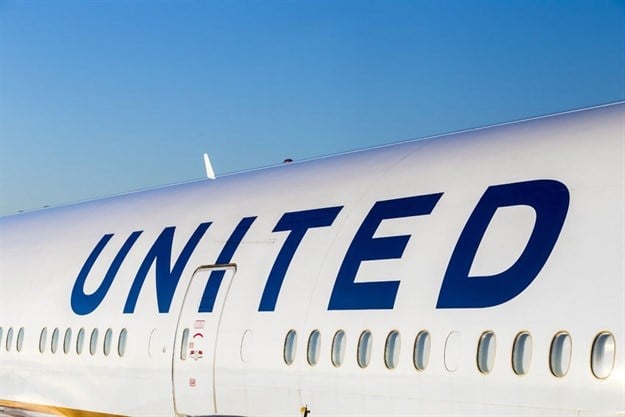
Top stories






More news

Marketing & Media
Ads are coming to AI. Does that really have to be such a bad thing?














So will someone please explain to me why passengers have such awful experiences with lousy airlines?
Can you imagine an experience in your own business where customers that want to do business with you go through such abuse – and pay a small fortune – to arrive exhausted, frustrated and even physically beaten at the other end of the transaction?
The appalling videos of incidents involving mistreated customers that recently emerged in the social media – and then replicated by the traditional media – show shocking disregard for customer insights in this new world.

Briefly, a few weeks ago United Airlines overbooked a flight from Chicago to Louisville. Needing four seats to accommodate their own crew, staff asked for volunteers to give up their seats in exchange for United travel vouchers and a rescheduled flight the following afternoon. Only two volunteers wanted to take up this offer, so unilaterally and randomly their cabin crew went the involuntary route... with disastrous results. Video emerged of a screaming 69-year old doctor being forcibly removed from his seat, lifted and violently dragged by his armpits like a rubbish bag as his face bounced off an armrest and his mouth started bleeding. He was traumatised, but many other passengers were also distressed by this awful episode.
Compounding this dreadful experience was United's initial and subsequent response to the uproar of disgust. The CEO hid behind a mundane press release in cynical corporate drivel, and taking no responsibility for their collective action. In addition, they also thought it would be great to kick the passenger while he was down, and started bringing up completely irrelevant historical “facts” about the passenger. The apology, when it came, was “for the overbook”, and to other passengers regarding having to “re-accommodate” them – whatever that means.
The second incident, barely a week later, involved another gigantic airline, American Airlines. In this case, a woman travelling with her small children wanted to bring her pram on board, and instead of politely negotiating alternatives with her, the flight attendant violently yanked the pram from her, hurting her and almost injuring the child. The video footage shows her crying as she holds her sobbing baby. Another upset male passenger wanted to stand up for her, and walked to the front of the plane to demand the name of the flight attendant responsible for this.
But what happened next was the breathtakingly abysmal behaviour of another flight attendant on the flight. He aggressively strode up to the male passenger, and after a few seconds the passenger said: “You try that with me and I'll knock you flat!” The flight attendant then taunts him, saying: “Hit me! Come on, bring it on.” Deciding that discretion was the better part of valour, and perhaps remembering what had happened on United just a few days before, the passenger reluctantly backs down.
Treating paying customers such as what happened in these incidents is a disgrace, and I know that businesses pay a very heavy financial and reputational price for this. It may take years (if ever) to recover from a few seconds of indiscretion. Don’t let that happen to you.
